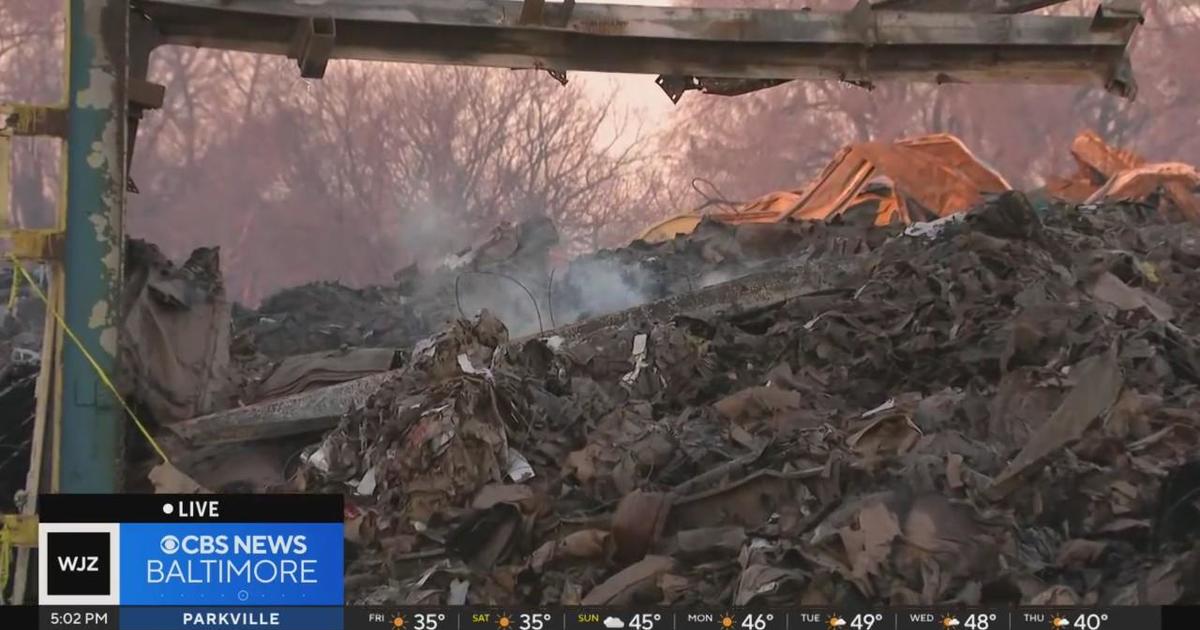Toxic Plume Sparks Alarm: Dundalk Recycling Blaze Triggers Health Fears

A recent fire at the Dundalk recycling facility has sparked significant health and environmental concerns among local residents and community officials. The blaze, which broke out unexpectedly, has raised urgent questions about potential air quality risks and long-term environmental impacts.
Emergency services responded quickly to the incident, working diligently to contain and extinguish the flames. However, the aftermath has left community members worried about potential toxic smoke and chemical exposure from burning recyclable materials.
Local health authorities have begun preliminary assessments of air quality and potential health risks. Residents living near the facility are advised to stay informed and take precautionary measures, such as keeping windows closed and monitoring their health for any unusual symptoms.
Environmental experts are conducting comprehensive investigations to determine the full extent of potential contamination and the environmental consequences of the fire. Preliminary reports suggest that the incident could have significant implications for air and soil quality in the surrounding area.
Community leaders have called for a thorough review of safety protocols at recycling facilities to prevent similar incidents in the future. They are demanding transparent communication and comprehensive health monitoring for affected residents.
As investigations continue, local officials urge residents to stay calm, follow official guidance, and report any health concerns to medical professionals or local health departments.
